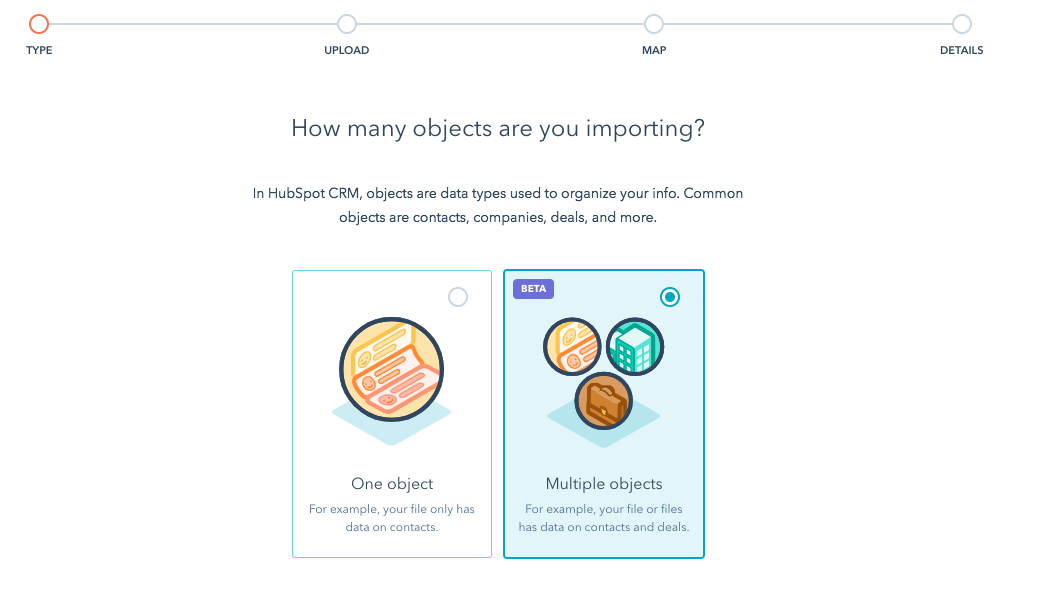Recently, Google made an announcement about how new security measures will affect searches that are executed from the Google homepage (www.google.com). In short, if a user is logged into a Google account, Google will now use the secure version of the Google home page (the "SSL-enabled" version) to provide search results to that user.
So what? Well, this means that the keywords that these visitors used to find your site will no longer be accessible by third party systems, including HubSpot.
How this affects you
This SSL-enabled version of Google affects you as a marketer (and HubSpot customer) in one central way: Search terms from the secure version of Google are not provided to other websites -- which means that third party analytics systems will no longer have access to that data.
Why not? It's always been true that searches from the SSL-enabled version of www.google.com don't pass along the search term in the "referrer" information. This change simply means that searches executed by logged-in users from Google's homepage will now be SSL-enabled, and therefore a much larger percentage of visits will now arrive without providing your website the search term.
A referrer is like the caller ID of the internet -- it records and displays the URL from which your visitor has come. Web analytics providers (like HubSpot, Google Analytics, and many others) rely on the referrer to determine what search query the visitor used to arrive at your site. In HubSpot's Sources tool, Leads tool, and in several other elements of the HubSpot product, we're able to pinpoint the keyword used by your site's visitors by using the referrer information that is provided by Google.
With these new changes, Google will no longer provide this information on search query terms for a significant segment of your organic search traffic. Instead, the data will simply tell us that the site referring the customer was www.google.com. Google Analytics, Wordpress, and other analytics providers are all subject to this new constraint.
What constitutes a significant segment of search traffic?
Google estimates the impact of this change will be "in the single-digit percentages" for all Google searchers on Google.com, meaning this should affect less than 10% of all searches.
Why such a small percentage? Because this change only involves searches that are:
- Launched from the www.google.com homepage
- Conducted by logged in users (that is, people who are logged in to Google Plus, Gmail, or any other Google properties).
This change will not affect users who are not logged in to a Google product, nor will it affect seaches conducted from non-homepage search tools, such as the browser toolbar Google query box, or the taskbar in Chrome.
Oh, really?
That 10% estimate sounded a little fishy to us, too, so we dug into our own data to see what amount of our customer's traffic this might truly affect. And a quick check of HubSpot's own visit counts to www.hubspot.com for October 21 (after Google's announcement) showed that only 93 visits came from google.com without a referrer, as compared to 2,728 that provided a referrer (and thus a specific search term).
This translates into about 3% of our total organic search volume.
By comparison, on July 21, 2011 (about three months prior to the policy change), hubspot.com received only 7 visits out of 2,084 through secure searches on www.google.com.
This translates into about 0.3% of our total organic search volume.
So based on this preliminary data, the new changes certainly have had an effect. But this effect -- to date -- is still in the "single digit percentages," as Google predicted.
Of course, it's early days yet, so be assured that we will continue to monitor the data, and will keep an eye on how these changes affect you over time.
How will the HubSpot product adapt to these changes?
For starters, we'll be changing how we organize and categorize the data we report in your Sources tool. Specifically, in the Organic Search section, we currently aggregate all keywords that contributed to your Organic Search visit count. We will now add a new, unique line labeled "Unknown Keyword" to the table, to account for this segment of secure Google searches for which we do not know the keyword.
Unfortunately, we won't be able to continue to provide the same precise level of detail for all searches that led visitors to your site, but we will continue to provide as much as we can. And by creating this "Unknown Keyword" category within the Organic Search classification, you will be able to continue to track your overall trends within your Organic Search visit counts.
Of course, we're simplifying here what is at heart a rather complex issue. There are other considerations that have made the changes announced by Google a newsworthy story, but here we've focused on explaining just the part that affects you, the HubSpot user. If you have any questions or want to discuss these effects further, please post here in the comments, contact me directly via email, or reserve some time during my office hours.
For those interested in a more detailed analysis of Google's recent announcement, you might want to read this recent article by Danny Sullivan -- we found it to be particularly helpful as we worked through the changes ourselves.









